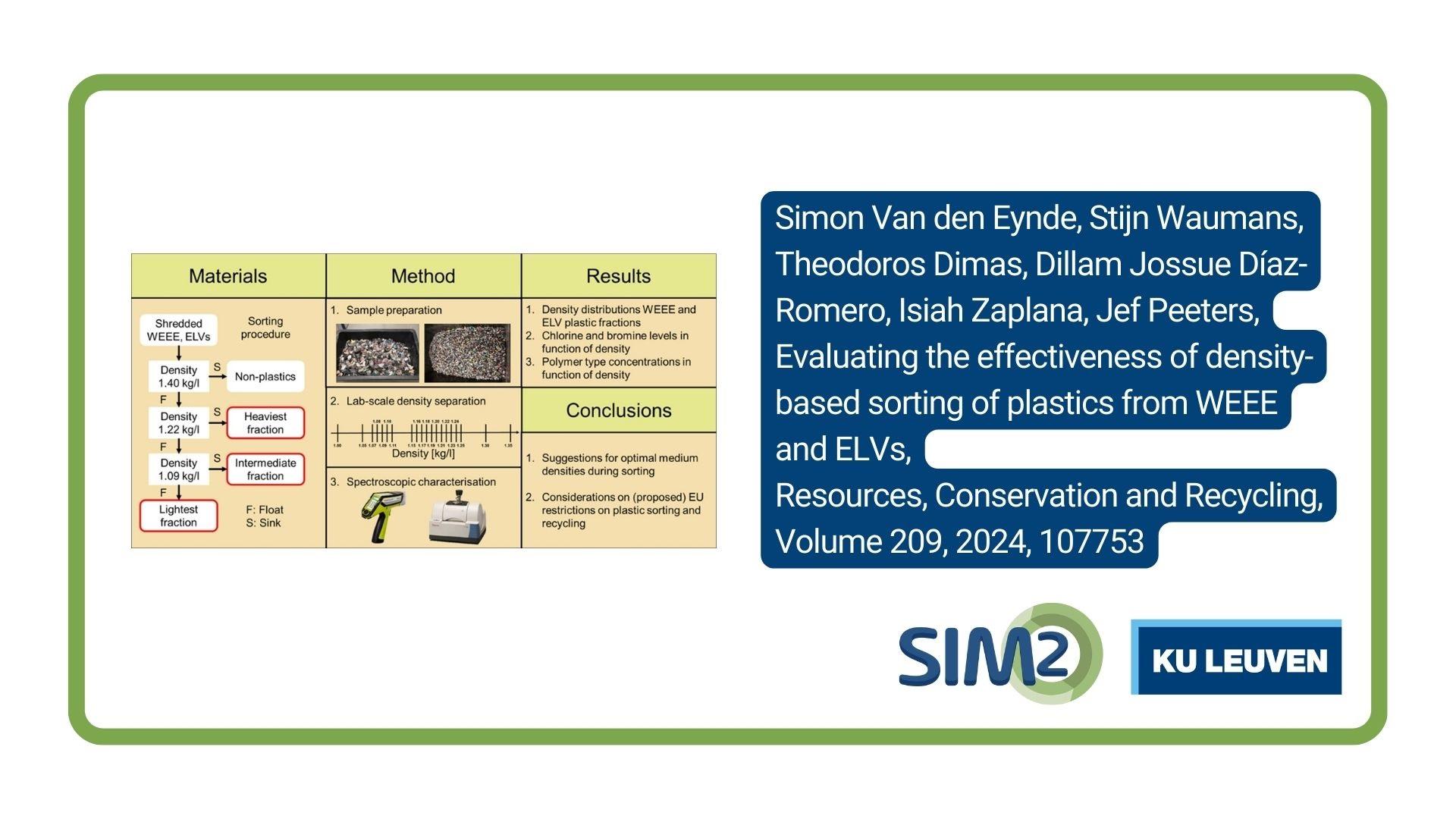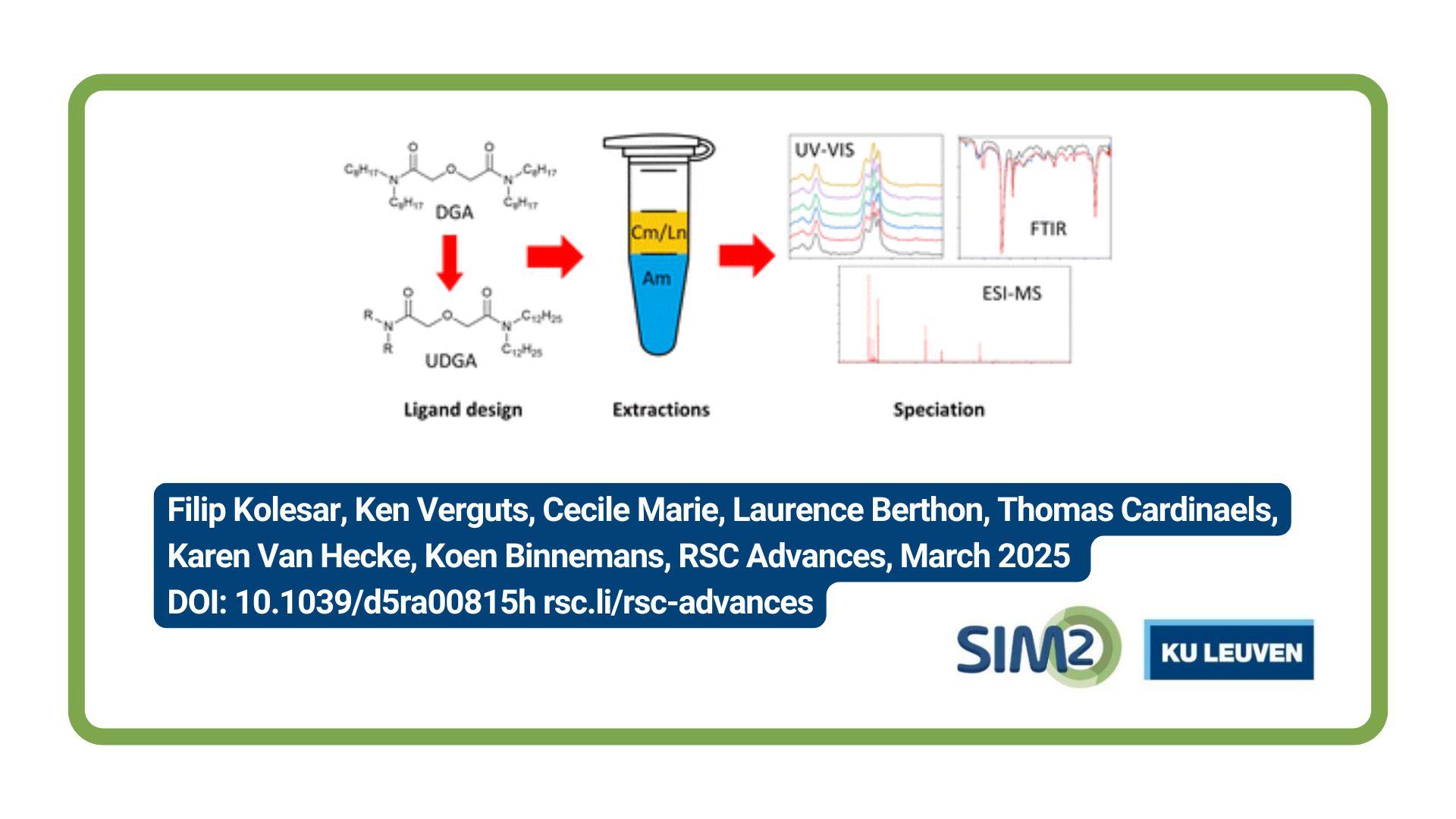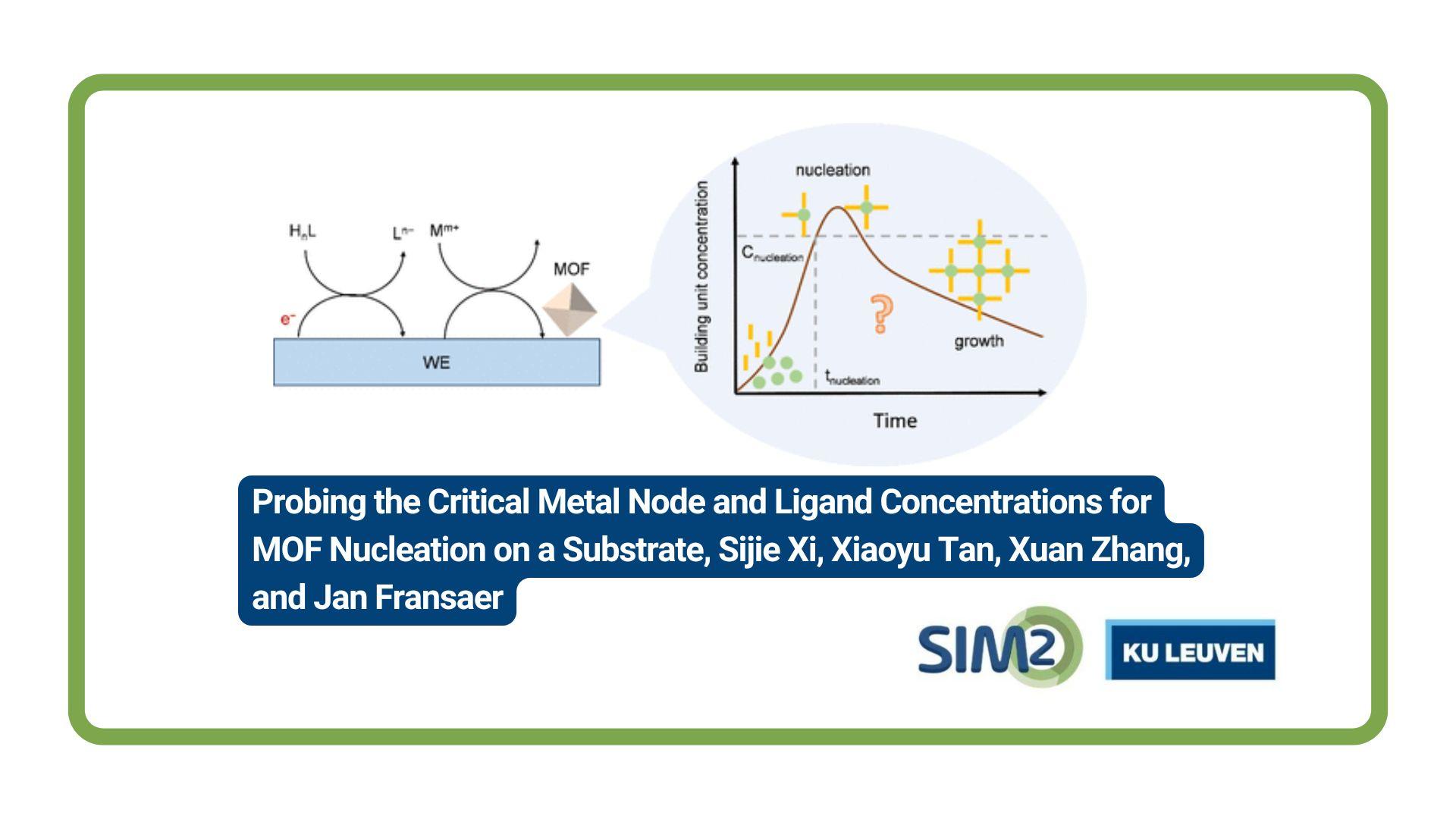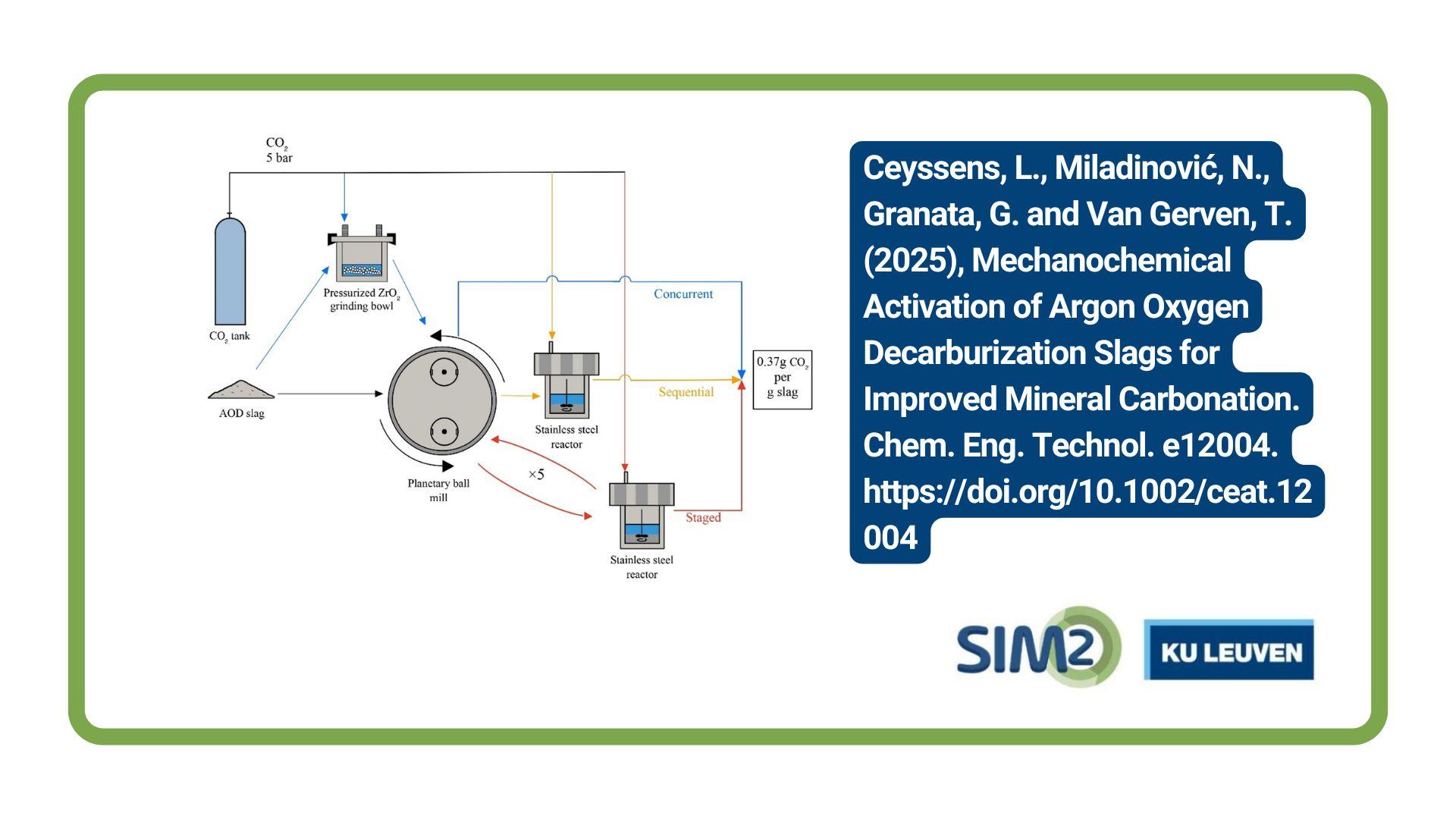Simon Van den Eynde and colleagues from the Department of Mechanical Engineering, KU Leuven, together with Isiah Zaplana from Universitat Politècnica de Catalunya, Spain, have published a new article on the effectiveness of the density-based sorting of plastics from WEEE and ELVs. The article will be published in the October issue of the journal Resources, Conservation and Recycling.
Density-based sorting is the most commonly applied method to sort plastic waste from Electrical and Electronic Equipment (WEEE) and End-of-Life Vehicles (ELVs). Therefore, density-based sorting processes have a large influence on the volumes of plastics that get recycled, incinerated and landfilled. However, the optimal control of these processes is challenging, since both the composition of plastic waste streams and regulation on the treatment of plastic waste are ever evolving. To maximise the recycling potential of the treated plastic material, this article presents a method to assess the effectiveness of density-based sorting processes. Through lab-scale density separation experiments and spectroscopic measurements, the polymer type concentrations and the chlorine and bromine levels are determined in function of density for four fractions of plastics that are either landfilled, incinerated or recycled after density-based sorting. Based on the results, changes are recommended to the operation of the sorting processes.
Reference
Simon Van den Eynde, Stijn Waumans, Theodoros Dimas, Dillam Jossue Díaz-Romero, Isiah Zaplana, Jef Peeters,
Evaluating the effectiveness of density-based sorting of plastics from WEEE and ELVs, Resources, Conservation and Recycling, Volume 209, 2024, 107753, ISSN 0921-3449, https://doi.org/10.1016/j.resconrec.2024.107753.
Acknowledgement
The authors would like to thank Àlex Serrat i Bonifacio, Brent Aerts and Seppe Nackaerts for their support in the lab-scale density separation experiments and spectroscopic measurements, as well as the companies Ad Rem and Galloo for making this research possible. The research leading to these results has received funding from (i) the European Union's Horizon Europe research and innovation programme under grant agreement No 101058487 “INCREACE” and (ii) the Flemish government under the VLAIO project “Plastic Recycling 4.0″.





